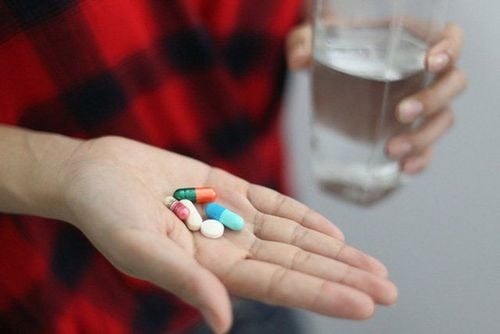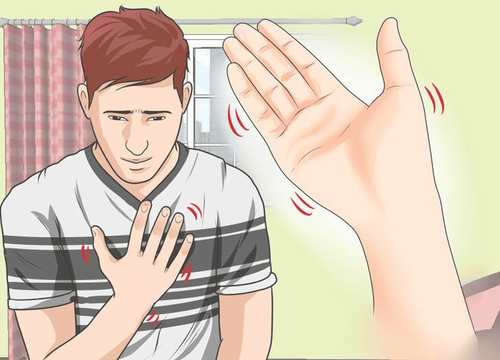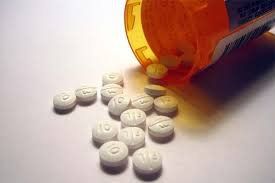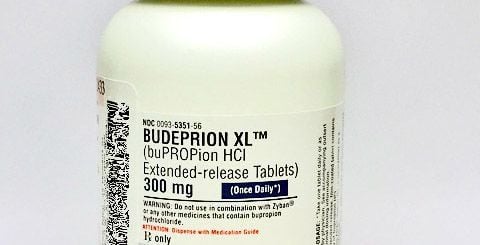This is an automatically translated article.
Humor not only maintains better social relationships, but children are very good for human health, especially humor is good for the brain. So what happens in our brains when we make up humor?
1. The connection between humor and the brain
In a study published December 4 in the journal Neuron, researchers used magnetic resonance imaging (MRI) to study 16 healthy adults how their brains respond to animated movies funny and non-funny pictures. The results of the MRI scans were used to detect brain regions that were activated when subjects saw funny cartoons..
Research shows that in addition to activating brain regions involved in language processing, the Humor also stimulates areas of the brain known as the reward system, such as the amygdala, which secretes dopamine. Dopamine is a powerful chemical that plays an important role in the brain's reward and gratification systems.
Image Understanding Laboratory researchers studied professional comedians from the Los Angeles Groundlings comedy troupe and amateur comedians to understand the correlation between intelligence and humor.
Both professional and amateur comedians and a control group of non-comedians, watched a New Yorker cartoon, viewing only pictures and no sound, and were asked to give two The new cartoon subtitle style is viewed in both humorous and non-humorous ways. Also perform magnetic resonance imaging to monitor brain activity when creating subtitles. Another group of people outside rated the sense of humor when watching the subtitles.
The results showed that two brain regions were activated when participants came up with funny stories: the medial prefrontal cortex and the temporal association. However, the areas of the brain that are activated vary depending on the level of expertise of the person. Research shows that people with experience in comedy have more activation in the temporal lobes in the cerebral cortex. In contrast, amateur comedians and non-comedians activated in the prefrontal cortex, the region responsible for executive functions such as planning for complex cognitive behavior and decision-making. The researchers also found higher levels of humor in people with greater temporal brain activation during the production of humor.

Hài hước không những duy trì cho các mối quan hệ xã hội tốt đẹp hơn mà con rất tốt cho sức khỏe con người
2. Humor and health problems
Using diagnostic imaging techniques, researchers are now learning more about how the brain processes humor and may one day help people who have lost their sense of humor due to depression or other disorders. other psychology.
Researcher Allan Reiss of the department of psychiatry and behavioral sciences at Stanford University, said: "Losing sense of humor is a frequent and fairly specific symptom of depression." Using studies like these could be a way to more specifically identify individuals at risk of developing a depressive disorder as well as early response to treatment in people who already have depression. Humor could also lead to new treatments for depression, researchers say.
Please dial HOTLINE for more information or register for an appointment HERE. Download MyVinmec app to make appointments faster and to manage your bookings easily.
Reference sources: webmd.com, news.usc.edu












